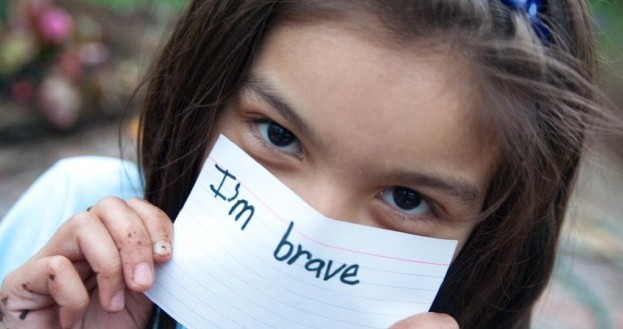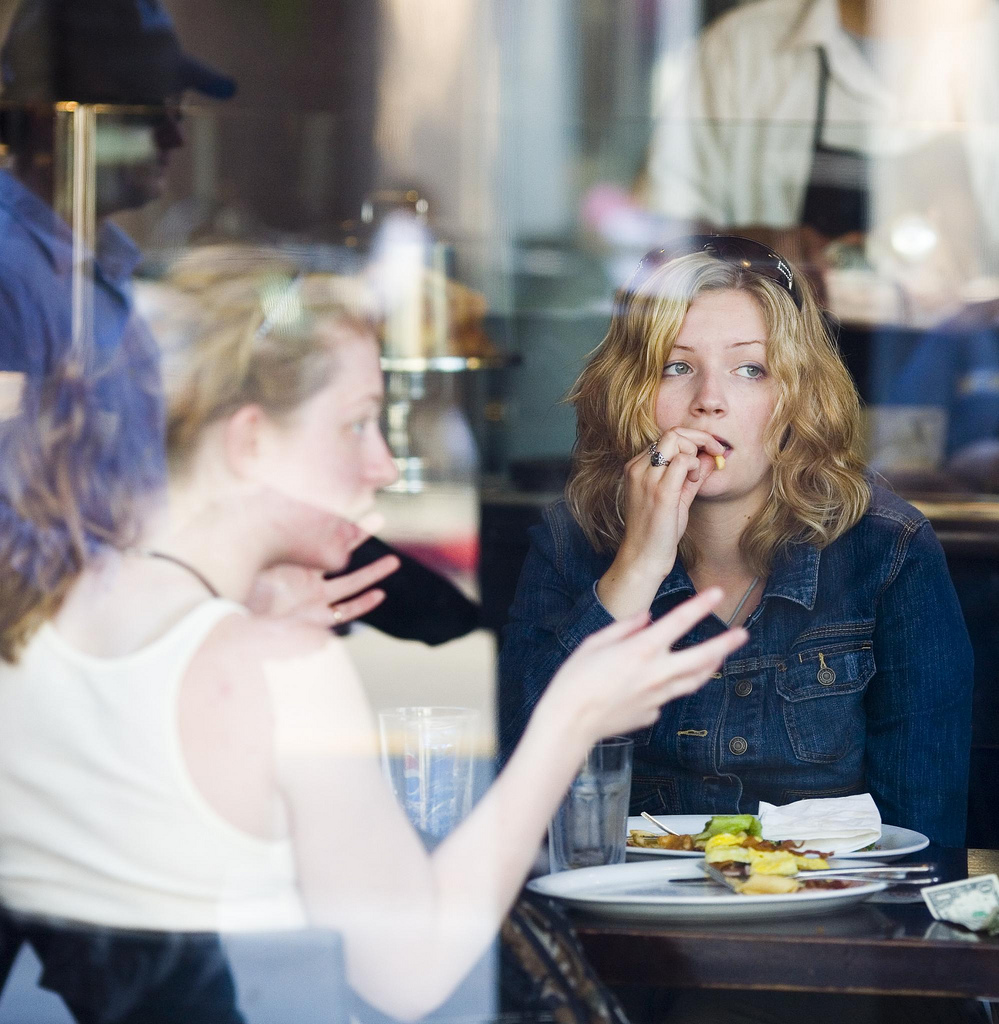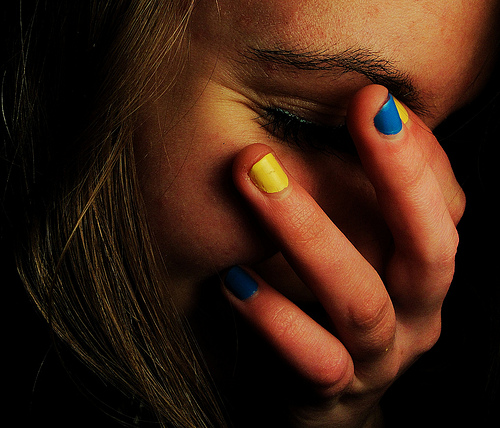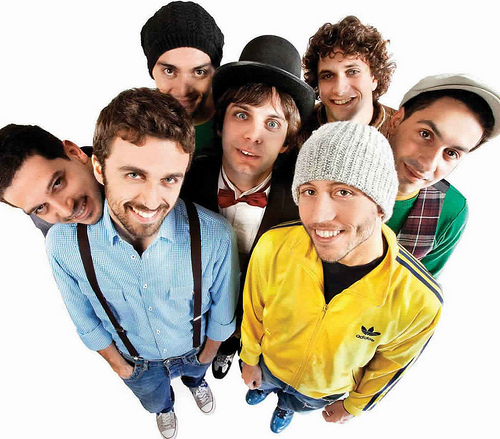 If paruresis is invading your life, you may have come to accept that you suffer from a form of a social anxiety. But contrary to past beliefs, suffering from social anxiety and related conditions such as shy bladder syndrome does not automatically mean you have poor social skills.
If paruresis is invading your life, you may have come to accept that you suffer from a form of a social anxiety. But contrary to past beliefs, suffering from social anxiety and related conditions such as shy bladder syndrome does not automatically mean you have poor social skills.
You could easily be the proverbial belle of the ball or big man on campus and not even know it!
One of the main reasons the two thoughts were linked is because people with social anxiety, shy bladder and related conditions would often be under the impression that, since they suffered from all that anxiety, their skills interacting with others must totally stink.
Two studies noted at Science20.com say this not necessarily be true. In fact, it is likely to be untrue.
The research
One study, published in Journal of Abnormal Psychology, compared two groups, one comprised of folks suffering from social phobia and another that had no such suffering. Members in both groups had to do a 3-minute public speaking presentation with only 2 minutes to prepare.
Observers rated the presentations, and the presenters rated themselves. In the case of both groups, the presenters rated themselves much more poorly than the observers did – with those suffering from social anxiety rating themselves the harshest by far.
Another study, published in Journal of Anxiety Disorders, put two groups to task at a job interview scenario. Members of one group had low levels of social anxiety while members of the other had high levels of social anxiety. Those with high levels of such anxiety did no worse than those with lower anxiety. Once again making it clear that horrific self-perception may be all in your head.
Despite the anxiety issues in your head, your outward actions may actually be making you a social butterfly (or at least a very competent moth!).
Social skills review
To gauge what scenario may be true in reality, take a quick review of some of the most important social skills. This can help determine if your social interactions are truly lacking or if you may be excelling and not even knowing it.
- Listening – Ability to pay attention to someone who speaking
- Starting a conversation – Ability to make small talk or even larger talk in a social situation
- Introductions – Ability to introduce yourself to others or introduce people to each other
- Saying thank you – Let’s hope you got this one down!
- Expressing affection – Letting people know when you love, like or admire them
- Expressing your feelings and understanding other people’s feelings
- Asking for help when you need it
Even if you don’t get five stars across the board on all of the aforementioned skills, you may be in a lot better shape than you imagined. Your paruresis treatment may focus on helping your social anxiety, but you may not even have to touch on brushing up your social skills as they could be just fine as they stand.
SOURCES:
- http://www.science20.com/useful_psychology/social_skills_delusion
- http://my.extension.uiuc.edu/documents/257081302080208/lp_careadult_socialskills.pdf
Study info:
- Rapee, R. M.&Lim, L. (1992). Discrepancy Between Self and Observer Ratings of Performance in Social Phobics. Journal of Abnormal Psychology. 101(4), 728-731.
- Strahan, E.,&Conger, A. J. (1998). Social anxiety and its effects on performance and perception. Journal of Anxiety Disorders, 12(4), 293–305.




